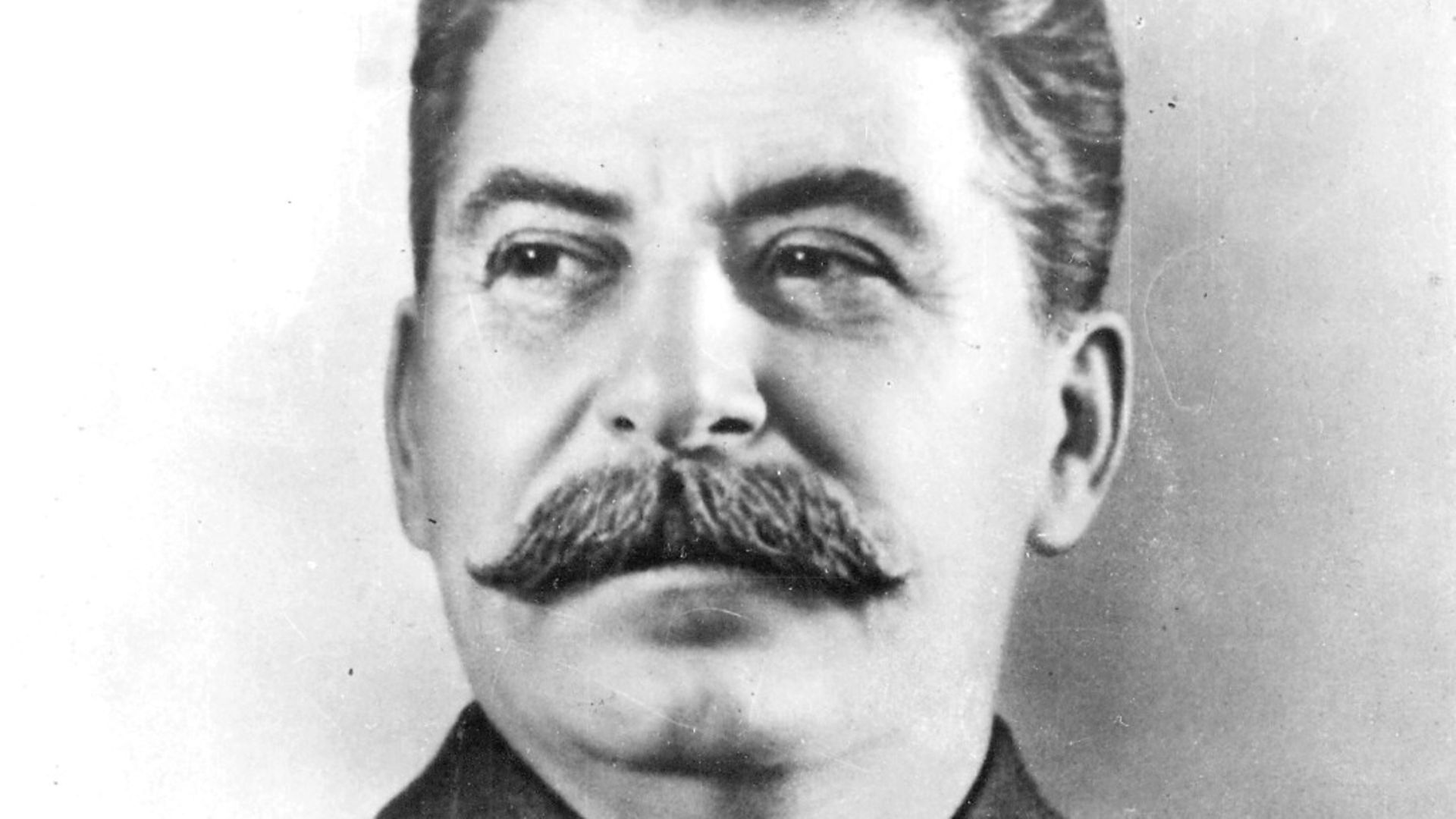
PETER TRUDGILL on the many chapters of the Georgian language.
As we have observed before in this column, Napoleon was not French, and Hitler was not German. King William III of England was not English, and King George I of Great Britain was not British.
But there is another well-known example of the same kind of mismatch – Joseph Stalin. Stalin was not Russian: his real name was Ioseb Dzhugashvili, and he came from Georgia. Russian was not his native language; he did not begin to learn it until he was eight years old and always had a foreign accent when speaking the language.
In Stalin’s day, Georgia had been part of, first, the Russian empire, and then the Soviet Union. It is now, of course, an independent nation, as it had been before it was taken over by the Russians in the 19th century.
As will be well known to readers of TNE, Georgia is situated between the Caucasus mountains and the Black Sea. As well as its Black Sea coastline, it has international borders with Russia to the northeast, and Armenia, Azerbaijan and Turkey to the south.
The main languages of those neighbouring countries are not even distantly related to Georgian, the main language of Georgia. Russian and Armenian are both members of the Indo-European linguistic family; and Azeri and Turkish are both Turkic languages. But Ioseb Dzhugashvili’s native language, Georgian, does not belong to either of these groupings: it is a member of the Kartvelian language family, which also goes by the name of South Caucasian.
The Kartvelian languages, which are indigenous to the southern Caucasus, are not known to be related to any other languages outside the area. The other members of the Kartvelian family are Svan, Mingrelian and Laz, all of which are also spoken in Georgia, though most Laz speakers live over the border to the south in Turkey. Georgia is a predominantly a Christian country, but it also has Muslim citizens, including a good proportion of the Laz-speaking community.
There are Georgian-speaking communities in Iran, Turkey and Russia, but the territory of modern Georgia also contains ethnolinguistic minorities of its own. The Greek language was spoken for millennia all around the coast of the Black Sea, including in Georgia, where 30 years ago there were reported to be 100,000 Greeks. Now the population has dwindled as a result of emigration to Greece.
A number of these Pontic – Black Sea – Greek migrants could no longer speak Greek, and those who could were speakers of a variety of the language called Pontic Greek, which is also found along the north coast of Turkey and which is very different from the Greek of Athens. There are also significant communities in Georgia who speak Armenian, Azeri and Chechen.
Abkhazia, in the northwest of the country on the border with Russia, is an autonomous republic within Georgia, but with the support of Russia it has declared itself independent. The Abkhaz language, like Kartvelian languages, is not related to any Indo-European or Turkic language but is rather a member of the Northwest Caucasian language family, which as far as we know has no connection to the Kartvelian languages either.
The other members of the family are Abaza; the Circassian languages Adyghe and Karbadian; and the tragically now extinct language Ubykh, whose last native speaker, Tevfik Esenc, died in Turkey on October 7, 1992.
Another Georgian ethnolinguistic enclave, South Ossetia, is situated in the north of the country, where it is bordered by the autonomous Russian republic of North Ossetia. South Ossetia, too, has declared itself independent, with the support of Russia.
Unlike Abkhaz, the Ossetian language actually is related to many other languages outside the Caucasus. It is, perhaps surprisingly, a member of the Iranian language family. One its closest linguistic relatives is Pashto, which is spoken over 2,000 miles away – it’s one of the major languages of Afghanistan and Pakistan.
Pontos
The Ancient Greek word pontos meant ‘sea’, but o Pontos ‘the Sea’ was often used to refer specifically to the Black Sea, which had Greek-speaking settlements all around its shores. The Pontic-Caspian Steppe, probably the original homeland of the Indo-European language, is the grassland plain stretching from the Black Sea to the Caspian.
What do you think? Have your say on this and more by emailing letters@theneweuropean.co.uk










